United front: NSW school leaders unite to stamp out vile, deadly bullying
School leaders across government, independent and Catholic schools have met to plan a stronger and better coordinated approach to bullying across all school sectors in the wake of the death of Sydney schoolgirl Charlotte O’Brien and other children.
NSW
Don't miss out on the headlines from NSW. Followed categories will be added to My News.
Leading experts across all sectors of education in NSW have met to build a united force against bullying in schools across the state, as police probe vile online abuse and alleged physical assaults at one of Sydney’s elite private schools.
NSW Education Minister Prue Car led the meeting of the NSW Schools Advisory Council on Thursday, conceding the gravity of the problem of bullying in schoolyards that spread its tentacles to online, was so grave and universal across all sectors that urgent action is needed.
It comes as the principal at one of Sydney’s most elite private schools launched urgent action to address the distressing incident at his school and appealed for parents and students to complete a survey about bullying and the school’s handling.
In the latest case of toxic schoolyard behaviour, The Daily Telegraph revealed online messages on Instagram to a student at Scots College, who also claims he was physically assaulted.
The messages included one that read: “How are u stupid little fat f...”.
Another said: “Does life suck with no mates.”
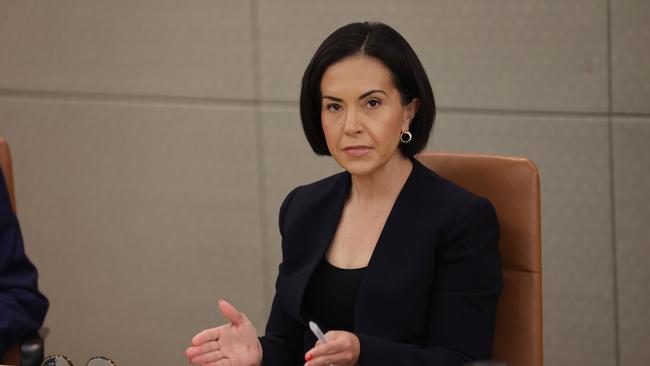
The boy’s mother said his younger brother was also targeted last year on handwritten notes and messages on a gaming platform.
It became so bad his mother withdrew the younger boy from the school, which has fees of about $46,000 a year for senior students.
“Scots did nothing to stem the bullying of my younger son and now his brother, despite my informing and providing them with physical evidence,” the boys’ mother said.
“It’s causing enormous distress to him and to be honest he is not in a great place, which is so concerning.”
The mother went to NSW police who confirmed they had received reports of the allegations.
The shocking incident comes just three months after 12-year-old Santa Sabina College student Charlotte O’Brien killed herself after a relentless campaign of bullying in the schoolyard and online.
Her suicide notes urging her parents to “let the school know” was the driving force behind the Telegraph’s documentary Charlotte’s Wish and a subsequent roundtable event a week ago where NSW Deputy Premier Prue Car vowed to take urgent action to find the best statewide approach to bullying across all school sectors.
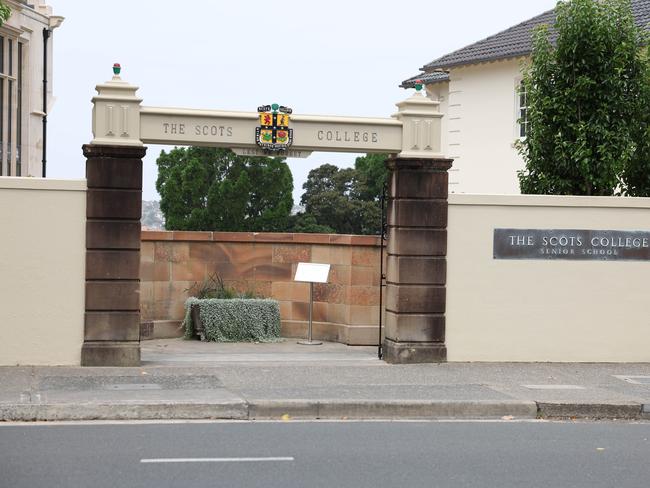
On Thursday, the Advisory Council - representing over 3120 schools from Catholic, private and government schools - started work on the statewide approach.
They agreed to appoint a “cross-sector” working group dedicated to identifying best practices.
Ms Car told The Daily Telegraph: “Today the NSW Schools Advisory Council met to begin critical work on developing a framework and standards for all schools in NSW to adhere to when it comes to addressing the scourge of bullying, to ensure children feel safe and supported in our schools”.
“It is of utmost importance for schools to keep children safe, and recent tragedies have highlighted all too well the need for a stronger and better coordinated approach to bullying across all school sectors.
“I am grateful for the advocacy of affected families, even while some are navigating their own grief.
“While the issue of bullying is complex, I believe there are overdue changes that we can make to better support schools and communities to promote positive behaviour and better ensure children’s safety.”
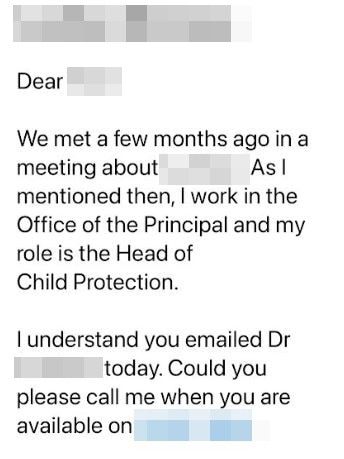

Other attendees said they were seizing the opportunity to work together across all sectors.
Margery Evans, Chief Executive of the Association of Independent Schools of NSW said no school or sector is immune from bullying.
“We look forward to working with our Catholic and government school counterparts to strengthen in any way we can the proactive measures schools have in place to try to prevent bullying,” she said.
Dallas McInerney, Chief Executive Officer of Catholic Schools NSW said there was “no time for delay”.
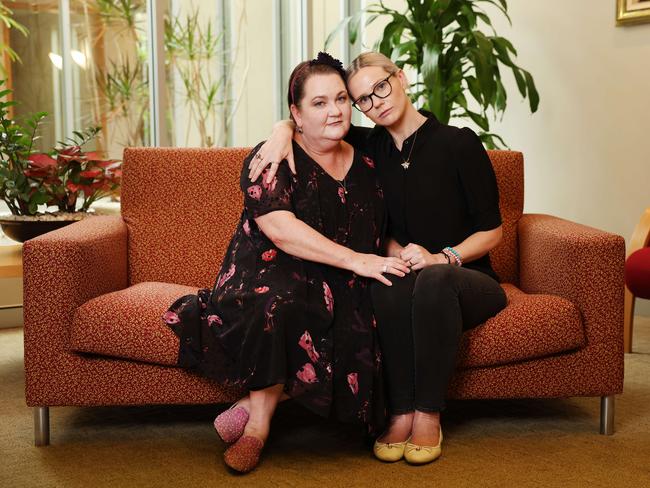
“Kids only ever get one chance at childhood, and it shouldn’t be marred by bullying. The Premier’s call to action has been heard, the time for excuses has ended”.
Murat Dizdar, Secretary of the NSW Department of Education welcomed the opportunity to work with colleagues in the non-government sector “to ensure every child, no matter where they attend school, learns in a safe and respectful environment”.
Meantime Scots principal Dr Ian Lambert conceded there had been incidents and reports of bullying in various year groups that he wanted to address before the end of the school year.
Examples were verbal and physical intimidation, exclusion, racial taunts, name calling and ridicule “making school a very unhappy place for some boys”.

Dr Lambert outlines urgent steps being taken to address the issue, including an audit of the Bullying Prevention and Intervention Policy and associated practices across all campuses, the establishment of an independent Student Behaviour Review Committee that will review concerns and complaints raised at the campus level.
The school also issued a survey link for parents and carers to complete by December 12, which asked specific questions about how safe students felt at school, whether they had experienced bullying and whether they would feel comfortable asking for help.
Dr Rachael Murrihy is a clinical psychologist and Director of The Kidman Centre at UTS and an expert on school bullying, welcomed the response from Scots College but said it was just the beginning.
“I think it’s a great start, schools need to have clear policies and procedures and look closely at the adequacy of their current policies,” Dr Murrihy said.
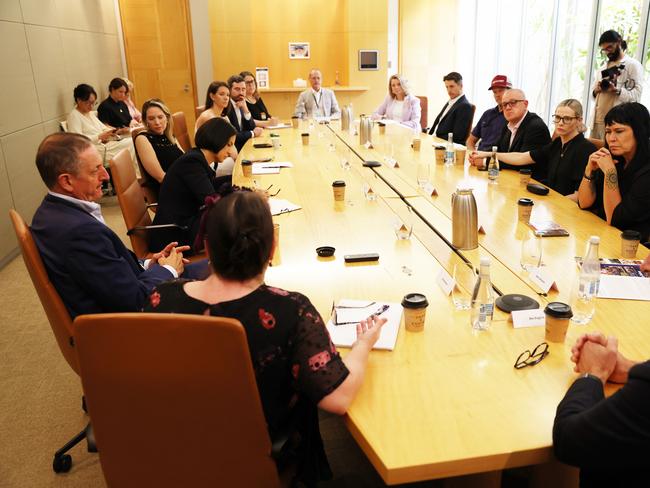
“The success of any initiative heavily relies on the leadership of the executive team. The solution is not just about having a policy, it’s the handling of the families, the feedback families are given and the responsiveness and transparency of the process.”
Dr Murrihy said all schools should be adopting a victim-based care approach - a policy led by school staff who prioritise the needs, safety and emotional wellbeing of the student and their families.
“For principals and school executives it’s a tricky area. They are expected to be academics, lawyers and psychologists and we really do need to give them support and help them understand and we are aware there are good evidence-based strategies already out there, they need to have the support and knowledge about what the best approaches are.”
Dr Murrihy supports the Telegraph’s call for a national approach to bullying and said the state action today was a great first step.




